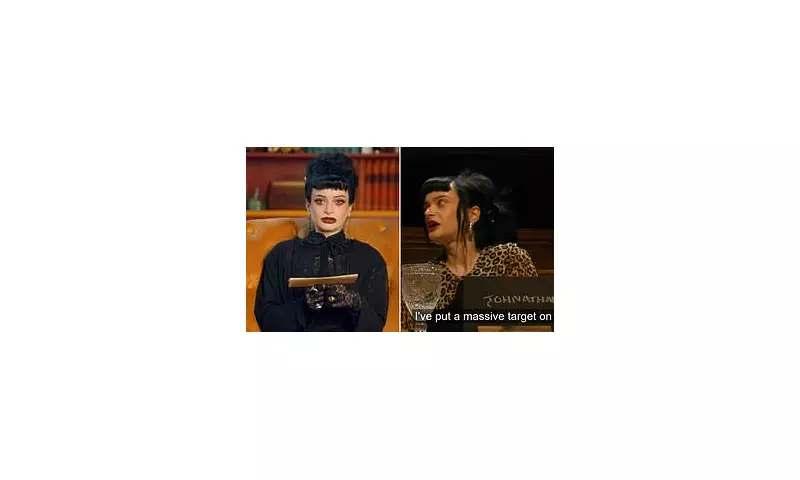
Celebrity Traitors sensation Ruth Codd has made a startling revelation about the show's strict alcohol policy, claiming it placed her at a significant disadvantage during filming. The Netflix star, known for her role in The Midnight Club, found herself in an unexpected position as one of the few completely sober contestants in the high-pressure environment.
The Sober Struggle in a Social Game
While producers did allow limited alcohol consumption for participants, Codd disclosed that drinks were strictly rationed to "one or two glasses of wine in the evening." For someone who doesn't drink at all, this created an immediate social barrier that affected her gameplay.
"I don't drink, so I was at a major disadvantage," Codd confessed. "Everyone else would have a glass of wine and loosen up, and I'm just there, completely sober, watching everyone get tipsy and form bonds."
Cast Dynamics and Liquid Courage
The Irish actress explained how the alcohol restrictions created an uneven playing field. While she remained completely clear-headed throughout the experience, she observed other contestants using their limited alcohol allowance to build camaraderie and lower their inhibitions during crucial social interactions.
"It's much harder to read people and form genuine connections when you're the only completely sober person in the room," she noted, highlighting how this affected her ability to detect deception and build trust among fellow contestants.
Production Rules and Contestant Experience
The hit BBC reality series, filmed in a remote Scottish castle, implemented these alcohol controls to maintain production standards and contestant safety. However, Codd's experience suggests that such policies can inadvertently create unintended consequences for teetotal participants.
Her revelation sheds new light on the behind-the-scenes dynamics of reality television, where social lubrication often plays a crucial role in alliance-building and strategy development.
Despite the disadvantage, Codd's sober approach provided her with unique insights into the game's psychological aspects, offering viewers a different perspective on how reality competition shows operate when participants aren't relying on liquid courage to navigate tense situations.





